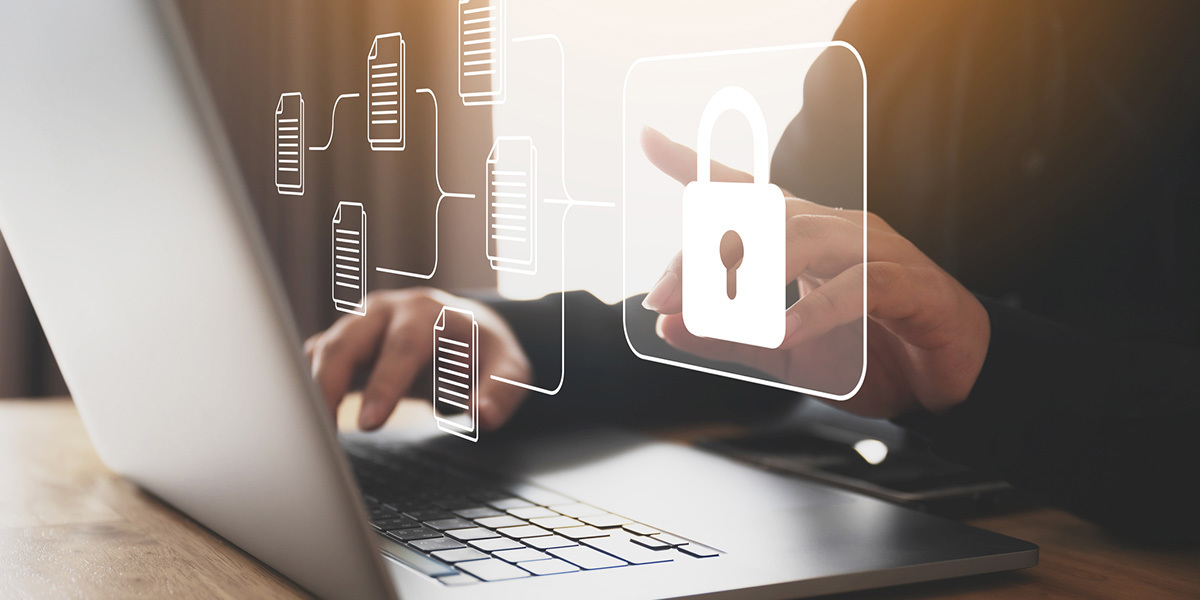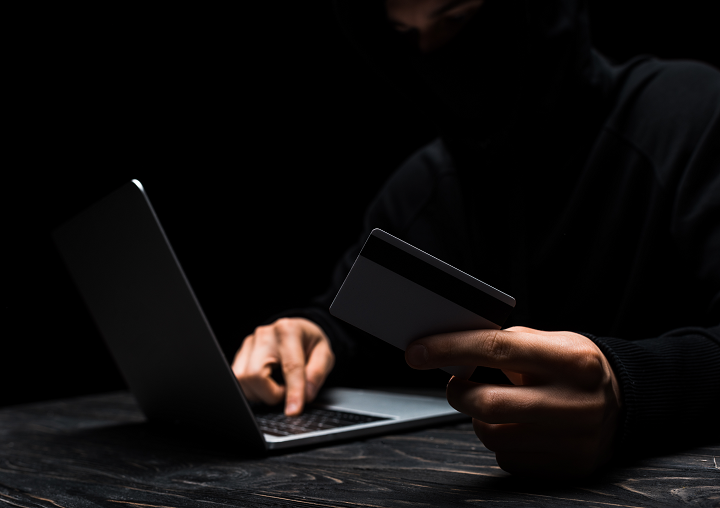
Small Business Can't Afford to Ignore Fraud Prevention
Proactive fraud prevention protects revenue, preserves customer trust and keeps payments secure without adding friction to the checkout process.

Are you guilty of reusing the same password across your accounts? Do you change your passwords only when prompted by a platform, when hacked, or *gasp* not at all?
You’re not alone. While we’re probably not the first to tell you that this puts our personal and financial information at risk, new data might finally encourage you to start thinking creatively when it comes to password creation.
Recent years have seen an enormous spike in cybercrime, which is estimated to have increased by 600% since the pandemic1. Remote work has particularly created vulnerabilities, resulting in a 238% rise in cyberattacks2.

Global market research firm the Harris Poll, in partnership with Mastercard®, conducted two large-scale surveys into the state of cybercrime in North America. The first survey, conducted in October 2022 involved 4,009 individuals, with 1/2 from Canada. The second, conducted in November 2022 involved 502 business leaders, with 1/5 from Canada. The findings reveal a deeper concern for cyber security and an increase in everyday vulnerabilities.
From phone scams and spam emails to phishing links and identity theft, consumers face threats at every turn, with cybercriminals constantly developing new techniques for stealing personal and financial data. Social media, dark web ecommerce and other platforms further proliferate the accessibility of stolen information.
Mastercard’s data reveals the following trends3:

Whether making a mortgage payment, picking up a coffee or ordering groceries online, consumers are making digital payments part of their everyday life. In recent years, consumers have been increasingly leveraging ecommerce for their purchases4. When conducting online transactions, consumers are keeping security in mind.
Businesses are a major target for attacks, putting them at risk of financial loss, reputational damage and data breach. The average total cost of a data breach in Canada is an estimated $5.64 million1. For most businesses, it's not a matter of if they will experience a data breach or fraud but rather when it will happen. Specifically, newer businesses under five years old are more likely to report being hacked, resulting in the loss of highly sensitive financial, employee and payment card information.

The rise of high-profile data breaches and complex cyberattacks is driving consumers to evaluate their approaches to personal data protection.
Top worries today:
Top worries in the next five years:
While personal cyber hygiene is undoubtedly necessary to consumer security, companies have a responsibility to keep consumer data safe. Promises to protect data aren’t enough for consumers – they want a guarantee of data protection.

When it comes to logins and password protection, consumers are open to password management technology.
The metaverse is fundamentally shifting how we interact with the world, bringing with it massive economic opportunity.

1. Build cyber resilience by conducting proactive vulnerability and risk assessments.
2. Leverage established technology with timely alerts around transactions and information sharing.
3. Invest in biometric solutions that will protect and optimize accounts and transactions.
4. Tap into trust by guaranteeing accountability for potential data breaches and showing means of prevention (e.g., encryption).
5. Open doors to the metaverse by creating safe, trusted pathways for consumers to engage in metaverse commerce and crypto transactions.
To learn more about the research and its findings, download the report from Mastercard here (available in English only).
_____________________________________________________________________________________________________
1 Purplesec: Cybersecurity Statistics 2022
2 Cyber & Risk Management - Thought Leadership & Solutions (mastercard.us)
3 2022 Harris Poll & Mastercard North American Survey
4 Mastercard SpendingPulse Dec 2022

Proactive fraud prevention protects revenue, preserves customer trust and keeps payments secure without adding friction to the checkout process.

Fraud prevention protects your revenue and builds customer trust, giving you confidence to grow your online store without worry.

Here are some of the common myths about fraud prevention along with solutions to protect your business.

Here are 8 tips to protect your ecommerce site against fraud and hacking, ensuring a safe and secure online experience for your customers.